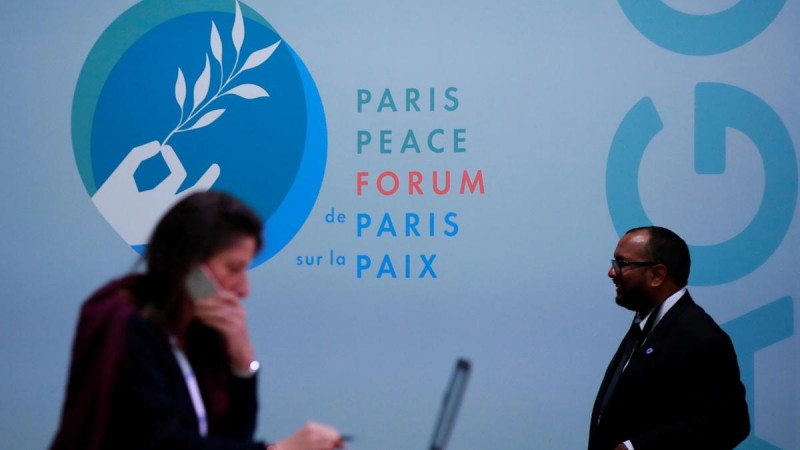Experts in the field of de-radicalisation have pointed to the growing importance of community-driven projects
A pilot project that allows once radicalised youth to lead anti-extremism dialogue sessions is proving that a bottom-up approach to anti-extremism is a successful strategy for preventing radicalisation among vulnerable populations.
The Interfaith Dialogue on Violent Extremism Project (iDove), a pilot project launched in 2018 by GIZ, the German government’s humanitarian organisation in collaboration with European and African institutions, allows youth to drive and create new forms religious and conflict prevention dialogues.
The bottom-up projects – as opposed to pre-fabricated solutions in the field of religious dialogue – wrest on the belief that younger generations are powerful protagonists when it comes to preventing violent extremism. They also have the added value of being tailored to communities, who can mould the very tools used to drive positive change in their societies.
“It is an empowering approach that has an increasingly global application”, Ulrich Nitschke, head of Sector Program Values at GIZ, told the Paris Peace Conference Monday.
The first phase of iDove commenced with an intercontinental Youth Forum, which hosted 40 young leaders, activists and policy makers, who shared their knowledge on constructive strategies for the prevention of violent extremism.
“We really let the youth develop their own approach,” Mr Nitschke said, describing youths as “positive drivers for change.”
Governments and stakeholders have yet to adapt to the idea that interfaith dialogue is a long-term commitment that entails multiple steps, including identifying reliable actors on the ground, establishing trust and fostering engaging and transformative dialogue between participants.
Western stakeholders – who are result-driven– are reticent to engage in such projects because it is not easy to quantify progress or provide evidence of improvement. “Stakeholders want to see figures but it does not work like that,” Mr Nitschke said, adding that building trust among a community cannot be easily measured.
Experts in the field of deradicalisation have pointed to the growing importance of community-driven projects that empower and include local actors, who have the insight to identify individuals who are vulnerable to recruitment, and the legitimacy to engage without stigmatising them.
UN Secretary-General, António Guterres pointed to this in a statement he released in June ahead of the first-ever United Nations High-level Conference of Heads of Counter-Terrorism Agencies of Member States.
“Terrorism is a transnational threat that cannot be defeated by any single government or organisation. It needs a concerted multilateral response at global, regional and national levels,” he said in an Op-Ed.
“It is essential to strengthen counter-terrorism structures and institutions. But we must also address root causes by promoting education, tackling youth unemployment and addressing marginalisation. That means engaging with local communities, religious organisations and the media.”
Source: Link



 Development of specialized PCVE web site is funded by EU FUNDS CN 2017-386/831 - "IPA II 2016 Regional Action on P/CVE in the Western Balkans"
Development of specialized PCVE web site is funded by EU FUNDS CN 2017-386/831 - "IPA II 2016 Regional Action on P/CVE in the Western Balkans"